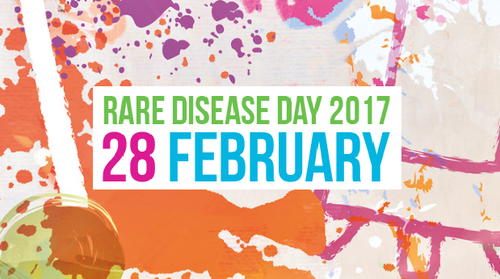Historically, rare diseases have been frequently overlooked, leading to poor availability of specific treatments and an overall shortage of specialists. In recent years, healthcare professionals and politicians have put an emphasis on pooling resources across borders in a bid to improve research into rare diseases and outcomes for patients living with those conditions.
Marking Rare Disease Day 2017, a new editorial published in the European Respiratory Journal celebrates recent progress in the field, including the formation of the new European Reference Network in the respiratory field (ERN-LUNG), which aims to tackle the gaps in research, awareness and management of rare lung diseases.
ERN-LUNG was launched on 1 March by the European Commission and comprises nine core networks representing a variety of rare respiratory diseases, including cystic fibrosis (CF), pulmonary arterial hypertension (PAH) and sarcoidosis. The network aims to address gaps in research and clinical trials, ethical issues, registries and biobanks, patient-recorded outcomes, guidelines, cross-border care, professional training and continued medical education. Several ERS members are involved in the network and ERS is part of the Advisory Board.
A key aspect of the ERNs is in the inclusion of patients, to ensure that the networks deliver real change for people living with rare diseases. The European Lung Foundation has helped with the recruitment of many patient organisations to the network and is also part of the ERN-LUNG Advisory Board.
The ERJ Editorial also highlights ERS’s continued support of research into rare respiratory-related illnesses and endorsement of the recent International Meeting on Pulmonary Rare Diseases and Orphan Drugs. Proceedings from this event will soon be published in the European Respiratory Review.
In honour of Rare Disease Day 2017, ERS has gathered together a selection of publications and e-learning materials on rare lung conditions to help share information about rare diseases that affect the respiratory system.
Share useful ELF resources with your patients:





